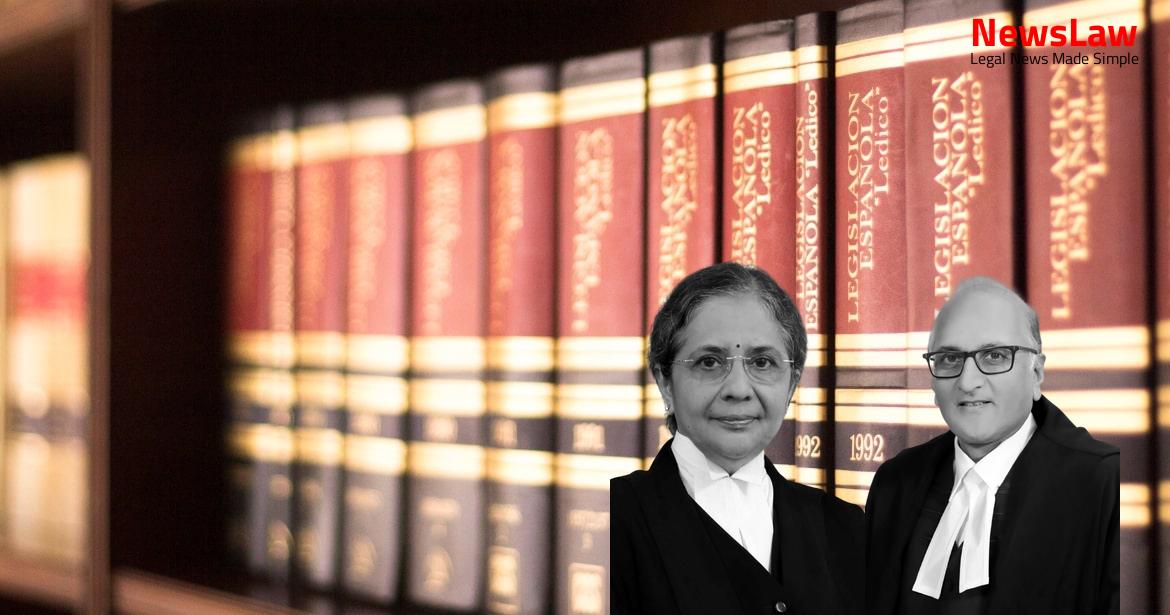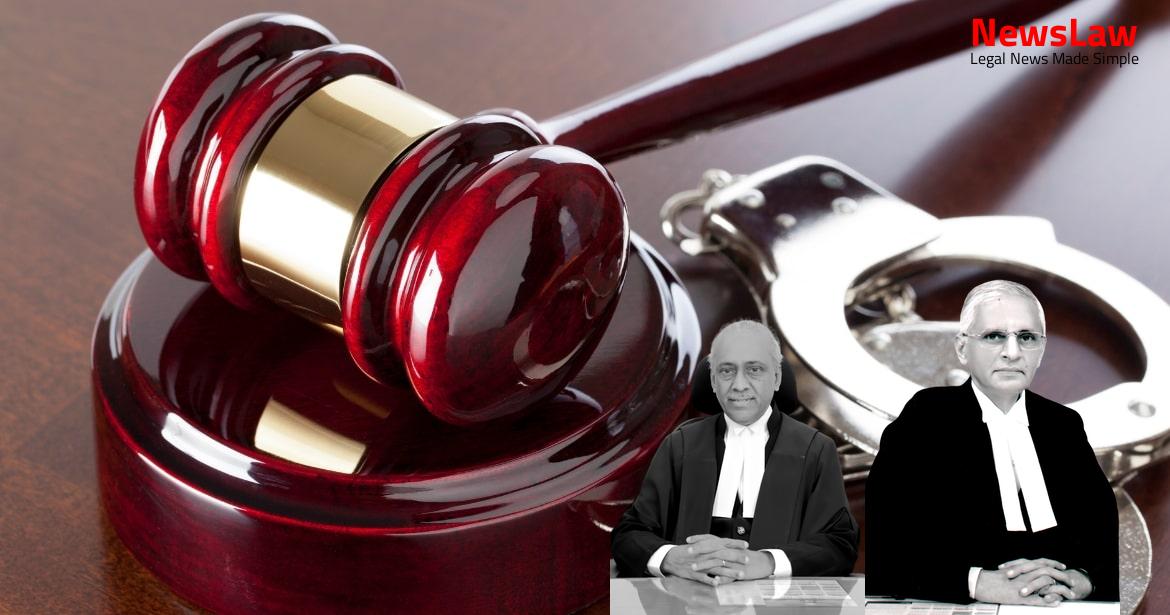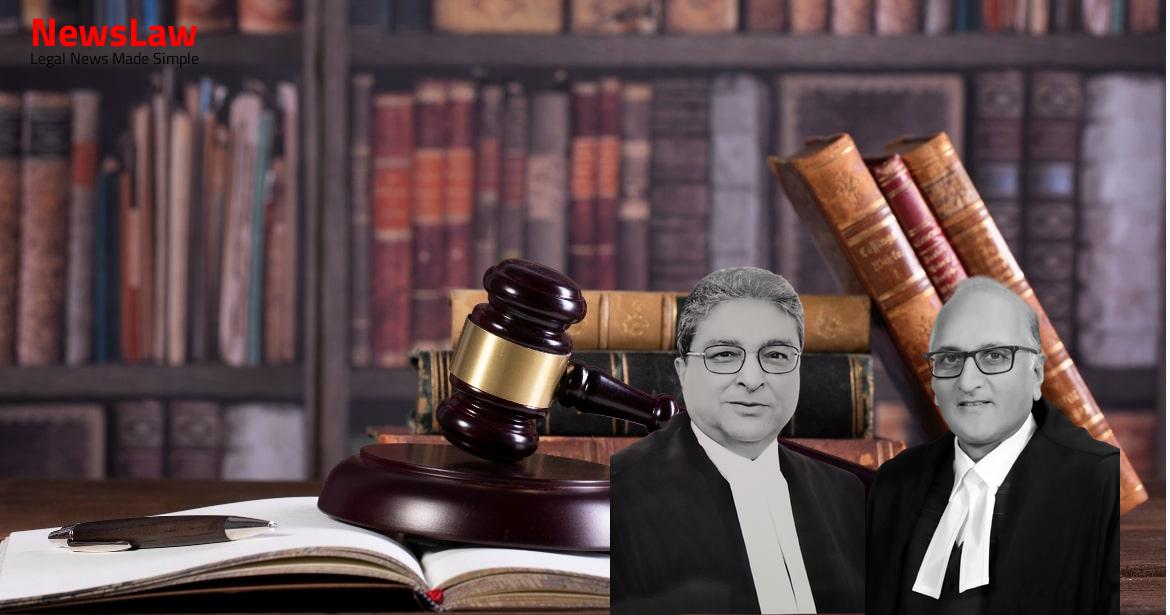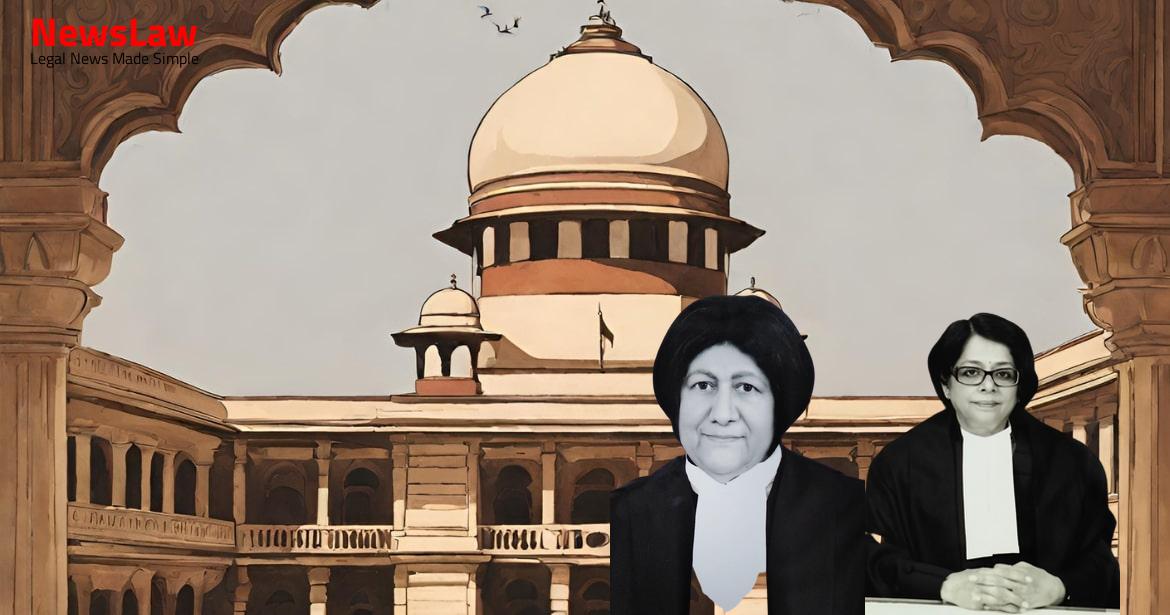Unraveling the intricate legal examination of editorial accountability in a recent defamation case. The judgment delves into the Press and Registration of Books Act, 1867, scrutinizing the roles and liabilities of Chief Editors and Editors-in-Chief. Follow the court’s meticulous analysis of defamation laws and exceptions, shedding light on the complexities of publishing responsibilities in the digital age.
Facts
- Accused No. 1, Mr. Aroon Purie, Editor-in-Chief of India Today magazine, published a false story of sexual harassment against the complainant based on unsubstantiated information.
- Accused No. 2, Mr. Saurabh Shukla, the correspondent of India Today, wrote and filed the defamatory story in complicity with Accused Nos. 3 to 12.
- Accused Nos. 3, 4, 8, and 12 were part of a conspiracy to publish the false story based on a complaint filed by Accused No. 12.
- The complaint led to disciplinary action against the complainant at his workplace without proper investigation.
- Accused No. 1 and 2, directly responsible for the publication, were mentioned in the complaint for their role in defaming the complainant.
- Accused No. 12’s complaint led to the recall and suspension of the complainant during his posting in Edinburgh.
- The publication of the defamatory story preceded the service of a show cause notice to the complainant, leading to a loss of reputation.
- The High Court upheld the order of the disciplinary authority against the complainant in later proceedings.
- The High Court considered materials and arguments based on precedent cases before summoning accused numbers 1, 2, 3, 4, 8, and 12.
- The accused filed petitions under Section 482 to quash the summoning order dated 20.04.2013 and complaint number 584/1/2010.
- High Court dismissed all three petitions after considering them together.
- The Metropolitan Magistrate found enough evidence to proceed against the accused for offenses under Sections 500, 502, and 120 B of the IPC.
Also Read: Balancing Power and Transparency: Electoral Bonds Struck Down, Disclosure Mandated
Arguments
- Ms. Bhati, Additional Solicitor General argues that public servants were not involved in the publication of the article and only reported events to higher authorities.
- A clear involvement of A-1 beyond being Editor-in-Chief is necessary to hold him liable for the article.
- The petitioner’s conduct is criticized for selecting and publishing an unsubstantiated story that could damage the complainant’s reputation.
- Arguments were presented by senior counsels for A-1, public servants, and A-2, with submissions from the original complainant’s counsel.
- A-1, as Editor-in-Chief, may not be covered by the presumption under Section 7 of the Press and Registration of Books Act, 1867.
- The acts of the public servants are defended as protected and not amounting to an offense.
- A-1 may seek protection under Section 499 IPC but that stage is yet to come, hence the current submissions may not apply.
- The disputed factual allegations cannot be resolved at this stage under Section 482 Cr.P.C.
- The argument presented by Mr. Hrishikesh Baruah was to adopt the submissions made by Mr. K.V. Viswanathan for A-1, emphasizing that due care was taken before writing the Article, including seeking the officer’s response.
- Mr. R. Sathish, representing the officer, argued that the appellants could only claim the benefit of exceptions to Section 499 of the IPC, and such issues should be addressed during the trial stage rather than through a petition under Section 482 of the Code.
- The case of K.M. Mathew vs K.A. Abraham & Ors. was cited, highlighting the rejection of the argument that being listed as ‘Chief Editor’ as opposed to ‘Editor’ in legal documents could serve as a defense against criminal prosecution for libel.
- Sections 7 and 5(1) of the Press and Registration of Books Act, 1867 were reviewed, showcasing the requirements for newspaper publication in India and the specific roles of ‘editor’ as defined by the Act.
- The appellants claimed that since they were designated as Chief Editor or Managing Editor instead of Editor in the publication, they should not be held criminally responsible for any alleged libel.
Also Read: Recall of Resolution Plan Approval: Legal Analysis
Analysis
- Chief Editors and Editors-in-Chief can be held responsible if specific and sufficient allegations are made against them.
- The benefit of exceptions to Section 499 of the IPC can be availed of to quash proceedings at an early stage.
- Public servants reporting on matters of public interest are protected under the law.
- The presumption under Section 7 of the 1867 Act applies to Editors, not Chief Editors.
- Issuance of process and proceedings can be quashed if allegations are insufficient against specific individuals.
- Good faith publication of reports for public good does not constitute defamation.
- The complaints against the Editor-in-Chief lacked specific attribution and were deemed insufficient.
- Requiring accused persons to face trial when allegations are not specific is not just.
- Under Section 7 of the Act, the editor whose name is printed in the newspaper is presumed to be the editor in civil or criminal proceedings regarding the publication.
- Production of a copy of the newspaper with the editor’s name is sufficient evidence of editorship.
- The definition of ‘editor’ includes the person controlling the selection of published matter.
- The presumption can be rebutted by evidence to the contrary.
- The printed editor’s name does not definitively prove control over published material.
- Accused persons alleging misconduct of complainant to superior officer is protected by Exception 8 to Section 499 of the IPC.
- Allegations made in the complaint did not amount to defamation.
- Citing the case of Manoharrao Ganpatrao Kapsikar & Anr., it was established that reporting of public servants’ conduct involving public funds for public good is protected under defamation laws if the report is accurate, true, and made in good faith.
- The role of A-2 in the case is different as he is an author of the Article.
- Determining whether A-2’s actions were justified or not is a question of fact to be examined at the trial stage.
Decision
- The judgment discusses the role of the Royal Parks Constabulary (RPC) in maintaining law and order in the Royal Parks of England.
- It highlights the powers and limitations of the RPC in comparison to other law enforcement agencies.
- The judgment also delves into the jurisdiction of the RPC and its specific responsibilities within the Royal Parks.
- It addresses any relevant legal precedents or legislation that govern the RPC’s actions within their designated areas.
Case Title: AROON PURIE Vs. STATE OF NCT OF DELHI (2022 INSC 1142)
Case Number: Crl.A. No.-001853-001856 / 2022



